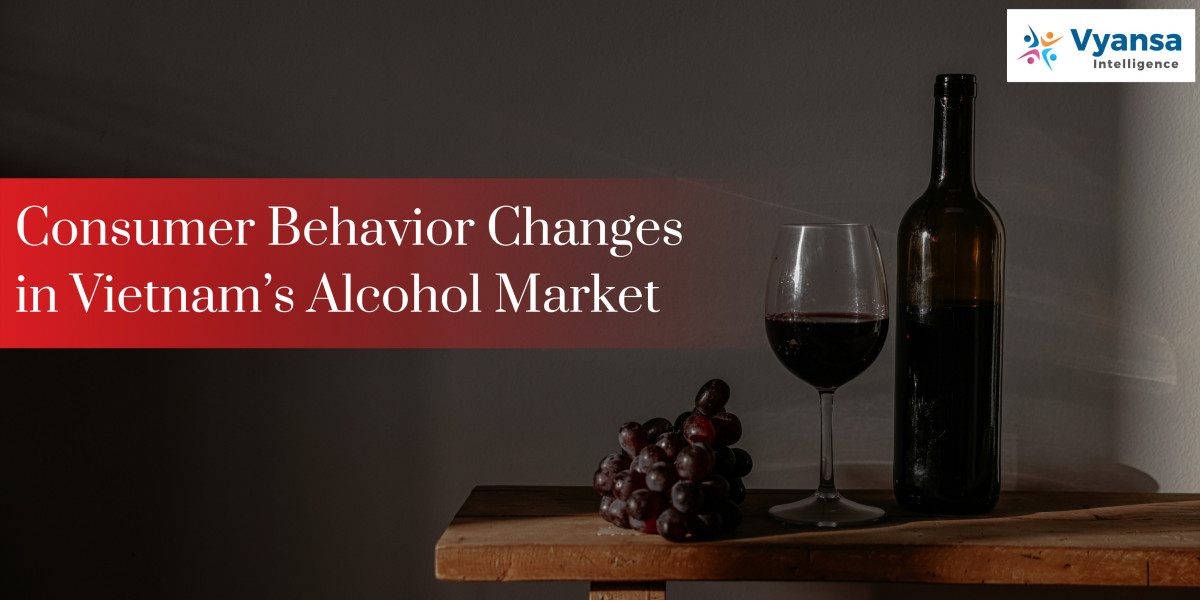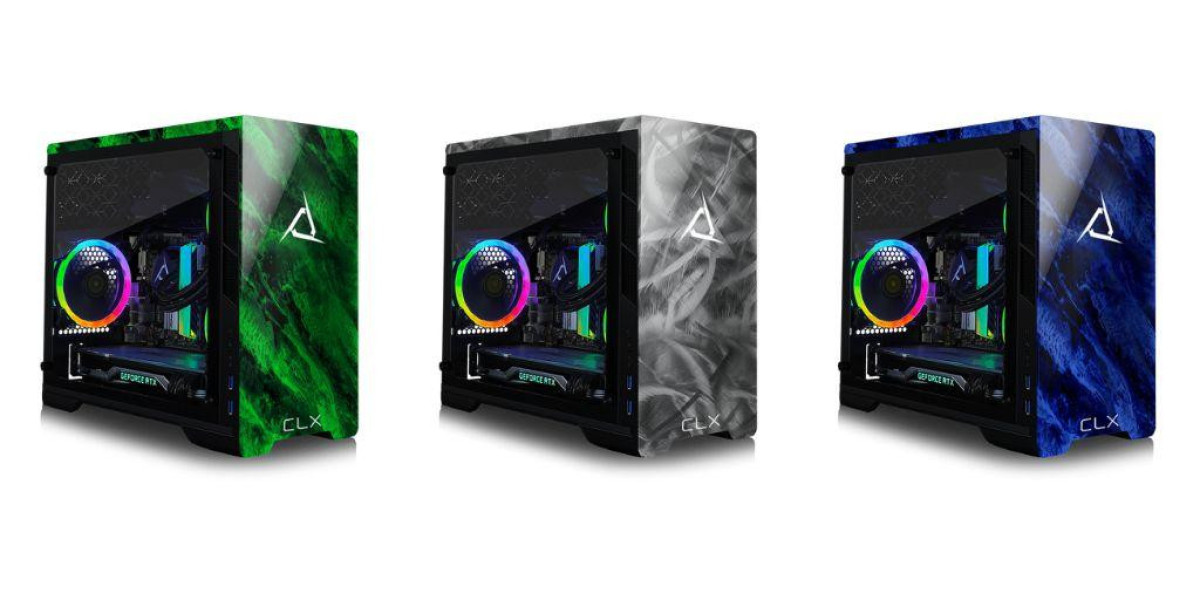If you walk down any popular street in Ho Chi Minh City on a weekend night, you'll see something compelling. There is a change in pace. A change in connection. And tables around you have drinks that look slightly different than ten years ago. The alcohol sector in Vietnam remains vibrant and continues to be culturally tied, but today's consumers have changed the way they think and drink.
Those changes may feel easily dismissed, almost imperceptible, but collectively they are changing demand, preferences, and even the positioning of brands. As surveyed in several recent studies, including the Vietnam Alcoholic Drinks Market Research Report, this change is not simply about taste, rather it is a shift in lifestyle and identity, as well as a new set of expectations.
Change of Preferences: From Traditional to Varied
For decades, Vietnam has been known as one of the stronger beer-drinking markets in Asia. Beer is still very prevalent, particularly among older consumers and in social occasions where price is critical. However, younger urban consumers are modifying the landscape.
Experimentation is more apparent. A growing number of drinkers, and predominantly Gen Z and younger millennials, are exploring ciders, craft beers, low-alcohol beverages, and flavored spirits.This change is being spurred by a mix of curiosity and social pressure: people want something that seems different, that they can experience with others or photograph or share their experiences about.
It's not that the old favorites are disappearing, it just means that the variety available is a new part of the experience. The trend is documented in the Vietnam Alcoholic Drinks Market Research Report that mentioned there was an increasing interest in premium and niche categories for alcohol in Vietnam.
A Rising Premium Segment Fueled by Lifestyle Aspirations
Vietnam’s middle class is growing rapidly, and with that comes the desire for something better, not just more. The desire for better is benefitting premium alcohol. Consumers are stepping up from mass beer and drinking something a little more refined, such as imported spirits, craft beers or higher end local brands.
Why the leap? There are several factors:
- Increased disposable incomes
- There is an interest in global culture and global brands
- There is also the intention of “status signaling” via lifestyle choices
- More on-trade venues with expanding drink menus
The combination of these aspirations and ongoing exposure to international trends has updated the consumer expectations for alcoholic beverages. The market research report revealed that this premium wave will follow through Southeast Asia.
Health-Orientated Decisions and Movements toward Moderation
Caution is another significant shift. Consumers in Vietnam are becoming more health-, wellness-, and balance-conscious. They are becoming increasingly interested in low-calorie, low-alcohol, or no-alcohol products. This does not signify that people are drinking less, but it does signal that consumers are re-evaluating when and how they drink.
The following factors affect this:
Public dialogues on the responsibilities of drinking.
- An increasing awareness of effects on health and wellness over time.
- More attention is being paid to regulations of drunk driving.
- Marketing by brands that promote lighter alternatives to traditional alcoholic beverages.
It is a sign of a market maturing: people still enjoy social drinks but are adding caution to drinking to excess. Some brands responded swiftly with no-alcohol beers or flavored low-alcohol beverages. Some brands have reformulated their products to create "healthier" sub-brands.
The Vietnam Alcoholic Drinks Market Research Report shows consumers recognize that these evolving attitudes are not simply a passing fad, they are becoming part of their identity.
Convenience, Digital Influencers and E Commerce
Premium does not only mean more expensive; usually premium has a story, such as about the origin, production, or ingredients. A bottle of Japanese whisky, or another specialty gin, is now as likely to be found on the dining or BBQ table, especially in urban locations.
E-commerce is able to provide a number of things traditional retail establishments do not issue:
Privacy in purchasing
- Greater variety
- Easier comparisons
- Exclusive deals
- Home deliveries
Digital influence is much more than just purchasing. Social media develops taste, and cocktail trends are disseminated through short videos. In a matter of hours, a bar's signature cocktail can become a sensation. Brands continue to pour resources into creating online stories because consumers respond to it.
Vyansa Intelligence finds that consumers digital behaviors are among the strongest indicators of longer-term market shifts, particularly in urban Vietnam.
Conclusion
Consumption habit change in Vietnam's alcohol market is not occurring due to a single trend - it is a function of lifestyle preferences, social influence and change, their rising income, and expectations. They are looking for variety, experiences, healthier options and optimal convenience of accessing, and ordering online and having products delivered. If anything, this evidence suggests that in the coming years the trend will continue in this direction.
These indicators, presented throughout the Vietnam Alcoholic Drinks Market Research Report, depict a market that is vibrant and increasingly sophisticated. As consumption habits change, it will be important for brands and businesses to read and understand these signals.
For anyone wanting to learn even more about this changes, Vyansa Intelligence is continuing to analyze the patterns, positive and negative consumer motivations and longer-term effects changing the Vietnam alcoholic drinks market.






